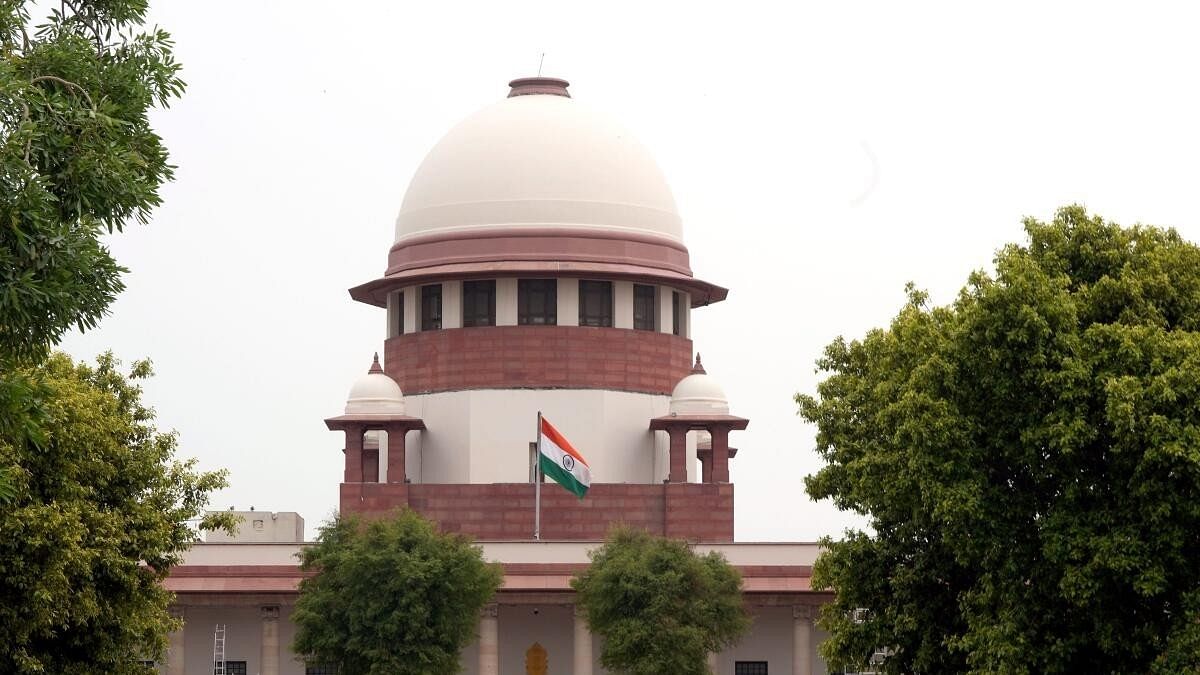
The Supreme Court of India.
Credit: PTI File Photo
New Delhi: The Supreme Court on Monday held that inquiry proceedings, which imposed a major penalty against a government officer without recording evidence of witnesses, would be totally vitiated and non est in the eyes of law.
A bench of Justices P S Narasimha and Sandeep Mehta said recording of evidence in a disciplinary proceeding proposing charges of a major punishment is mandatory and mere production of documents is not enough.
The bench also said this court in a catena of judgments has held that the recording of evidence in a disciplinary proceeding proposing charges of a major punishment is mandatory.
"Even in an ex-parte inquiry, it is sine qua non to record the evidence of the witnesses for proving the charges," the bench said.
In its judgment, the bench allowed an appeal by Satyendra Singh the Allahabad High Court's July 30, 2018 judgment, which had set aside Public Services Tribunal Uttar Pradesh.
The tribunal here had quashed the disciplinary authority's order of censure entry and stoppage of two grade increments upon the appellant, who was then working as Assistant Commissioner, Commercial Tax, Ghaziabad.
The appellant submitted the inquiry proceedings conducted against him were in gross dereliction of Rule 7(3) of the Uttar Pradesh Government Servant (Discipline and Appeal) Rules, 1999.
"The disciplinary proceedings were initiated and allegations constituting major penalty were proposed by Inquiry Officer. Since the appellant had emphatically denied the charges, it was incumbent upon the Inquiry Officer to have recorded evidence to establish the charges attributed to the appellant," his counsel said.
The state government, on the opposite, defended the High Court's decision.
Having examined the matter, the bench said it is evident that other than referring to the documents pursuant to the so-called irregular transactions constituting the basis of the inquiry, the inquiry officer failed to record the evidence of even a single witness in order to establish the charges against the appellant.
Having tested the facts of the case at hand on the touchstone of the Rules of 1999, and the law, the bench said, "We are of the firm view that the inquiry proceedings conducted against the appellant pertaining to charges punishable with major penalty, were totally vitiated and non-est in the eyes of law since no oral evidence whatsoever was recorded by the department in support of the charges."
